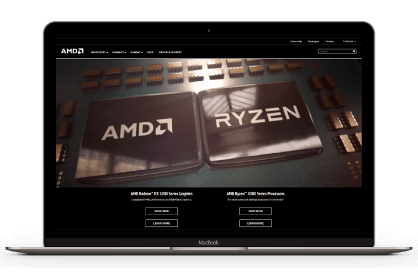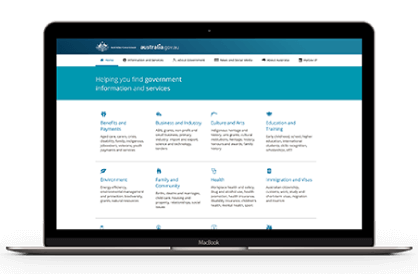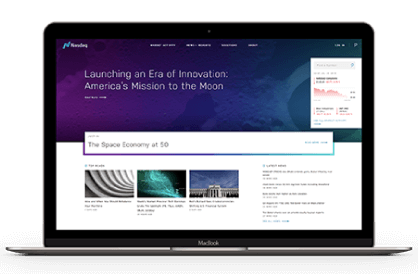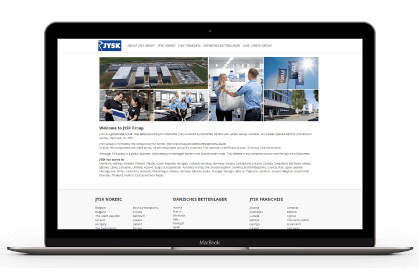What is Drupal?
Drupal is what you need to build your new website. It is a system that will easily adapt to your business model.
Software should always support your business model, not the other way around – you should not change your business to fit the existing system architecture. That's what Drupal is like – flexible, which enables it to support your existing business processes.
What makes Drupal special?
Drupal offers a number of features and functionalities that you can find in other platforms and frameworks. However, what makes it stand out among its competitors is the fact that all the most important functions used for building large, modern websites can be found in one platform.
Key features of Drupal
History/Development of Drupal
On January 15, 2001, Dries Buytaert published version 1.0 (Drupal: 15 years old and still gaining momentum) of Drupal as a GNU GPL-licensed Open Source project.
The subsequent key versions of Drupal include:
- Drupal 5 released on January 15, 2007
- Drupal 6 released on February 13, 2009
- Drupal 7 released on January 5, 2011
- Drupal 8 released on November 19, 2015
- Drupal 9 released on June 3, 2020
- Drupal 10 released on December 15, 2022
- Drupal 11 released on August 2, 2024
Since 2015, new versions have been released on a regular basis, every 6 months.
Currently Drupal is being developed by a community spanning the entire world. There are over 1,300,000 registered users at Drupal.org, including more than 48,000 with access to Drupal's Git repositories, who can develop modules, templates and the Drupal core.
By choosing Drupal to power your website, you get the support of developers from all over the world. Thanks to regular releases of new versions every six months, you can also take advantage of new features and functionalities to enhance your website – all free of charge.
Drupal in numbers
Drupal is one of the most popular CMS platforms in the world. Currently, it occupies the sixth place, with a market share of around 1,5%. Almost 700,000 websites in the world are running this platform.
The statistics covering the most popular websites in the world are also quite interesting. Drupal holds the second place among the top one million most popular websites on the internet, with a share of about 2,5%. Drupal’s share grows significantly when you narrow down the statistics to top 100,000 or top 10,000 websites. For example, according to BuiltWith statistics concerning the top 10,000 websites Drupal's share is over 6,5%.
The list of the most popular websites powered by Drupal includes Linux, Harvard University, GE Transportation, and Tesla.
By choosing Drupal, you get access to a great CMS, as well as the entire ecosystem surrounding it. So, what is this ecosystem all about? It's a number of additional benefits and tools that coexist with and extend Drupal.
Drupal ecosystem for business:
Drupal ecosystem for content editors and marketers:
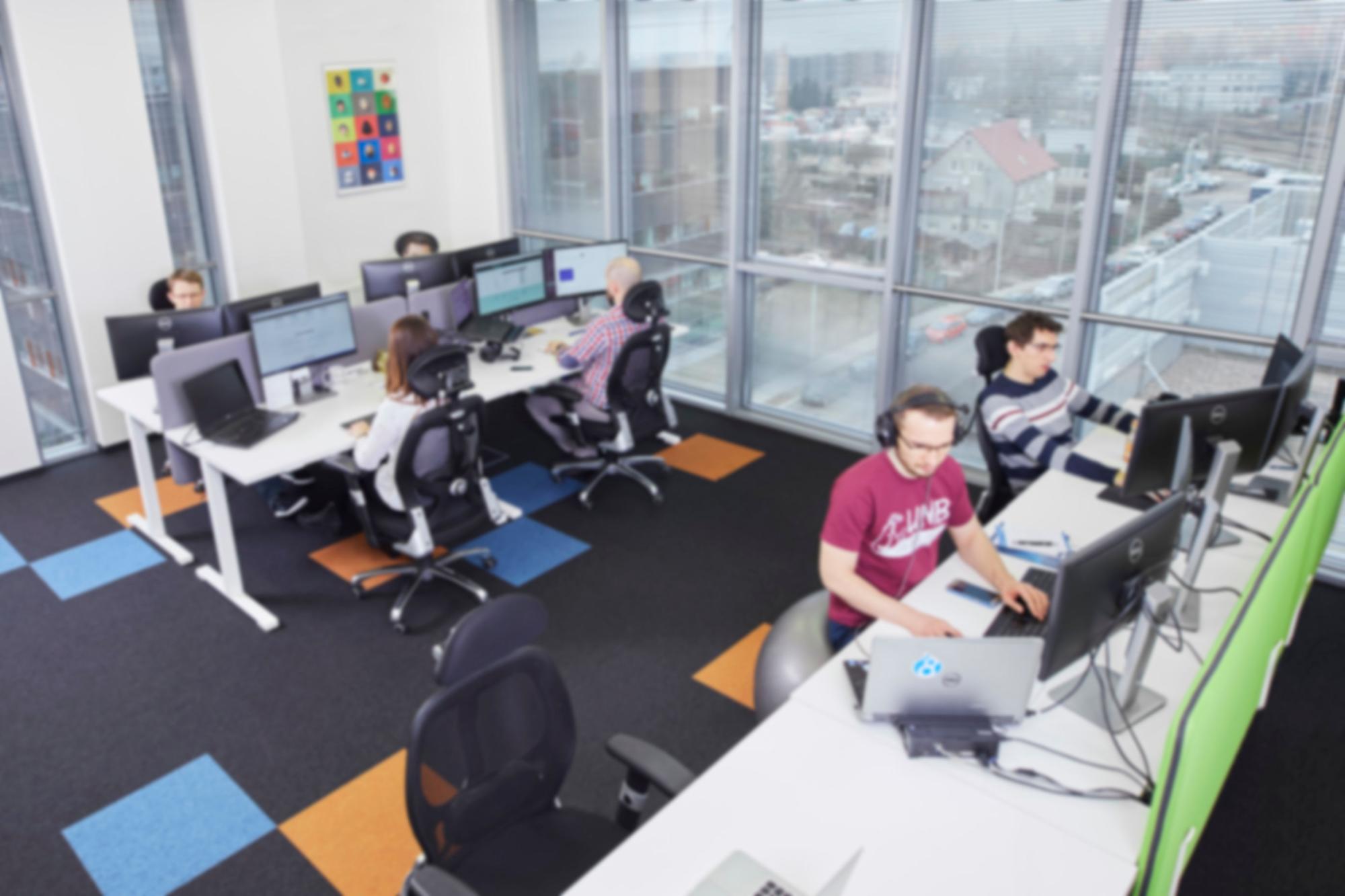
Talk with us about your Drupal project!
Which companies use Drupal?
The Drupal community actively supports its development. The developers regularly add new functionalities proposed by users – other developers, editors, graphic designers and so on. These changes either expand the list of Drupal’s features and functionalities or make it easier to use by simplifying core installation, installing modules, templates or adding specific content types.
If you decide to power your system with Drupal, you can be sure that with time it will only gain new functionalities and it will get easier and easier to use. More importantly, Drupal will always be free, so you won’t pay a dime to update it to the latest release!
What is the difference between a distribution (or distro for short) and a “clean” version of Drupal? A distro is a release with useful add-ons configured to serve specific business assumptions of certain types of websites right after setting them up. This can be compared to additional paid add-ons for your car, except in the case of Drupal, all additional modules are free!
Would you like to get in touch with the best Drupal developers? Go to a Drupal-themed conference, attend a local meeting or training workshop. The Drupal community is eager to meet to exchange knowledge and experiences.
The meetings are categorised into several ranks, depending on their scope. DrupalCons are big bi-annual conferences, always attended by Dries Buytaert – the platform’s founder – and the board of the Drupal Association, also serving as great celebrations for the entire community. DrupalCamps and Summits are smaller, usually national conferences, bringing together the best companies and developers in the region. The lowest-rank meetings include local meetups, sprints and workshops aimed mainly at developers who are just starting out with Drupal.
If you would like to establish a collaboration with a Drupal agency or if you are looking for Drupal developers or good PHP/Symfony experts, consider sponsoring one of these meetings. It is a great form of advertising and you can be sure that your company will be noticed.









